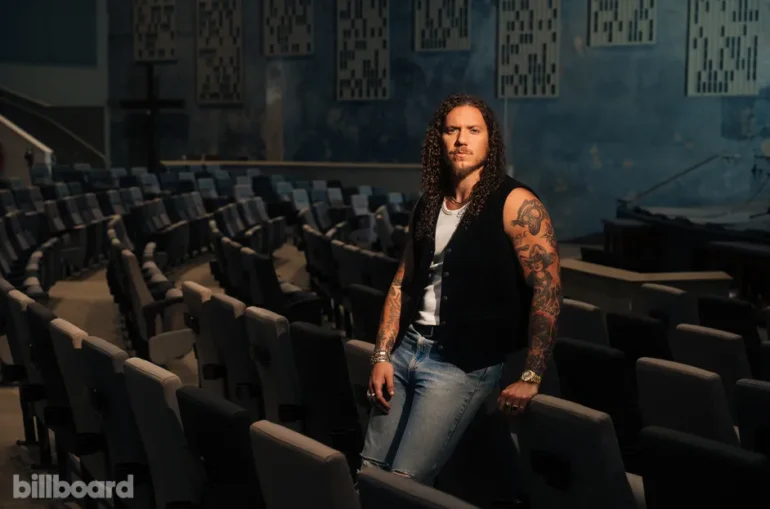
As his star rises, he has stayed close to his South Carolina roots. Instead of moving to Nashville, the epicenter of the CCM industry, Lake lives with his wife, Brittany; their three sons; and a menagerie including cows, mini-donkeys and two dogs on a sprawling rural property just outside Charleston. Much of King of Hearts was recorded in a three-room Charleston studio owned by Lake’s longtime collaborator, producer-writer Micah Nichols. And even when he’s on the road, Lake makes a point of staying connected to his hometown: In 2022, he concluded the first leg of his first headlining tour with two sold-out shows at Seacoast Church; next May, he’ll wrap his 48-city King of Hearts tour at Charleston’s 12,000-seat Credit One Stadium.
But regardless of venue size or location, Lake’s goal remains the same. “When we go out on tour and it’s this huge production, huge lights and sound, I’m not doing anything other than just having church — just maybe a few more lights in cool moments,” he says with a chuckle. “It’s entertaining, but really, I want [concertgoers] to be able to say, ‘I went to the King of Hearts tour, and my life has forever changed.’ ”
What do you recall about your first time performing?
I’ve been a part of [Seacoast Church] since I was probably 13 or 14 years old. They encouraged me and gave me opportunity after opportunity to learn and fail and grow. This is where I learned how to write songs. Someone overheard me singing in a small group in someone’s living room and asked me to sing. I sang for the first time at church, and I remember feeling so vulnerable, which to this day I still do. It’s this love-hate relationship every time I step out on the platform, especially on tour — it’s like the weight of the night feels like it’s on my shoulders, but at the same time, I try to remember it’s not about me: People are coming to hear these songs and have a real experience with God.
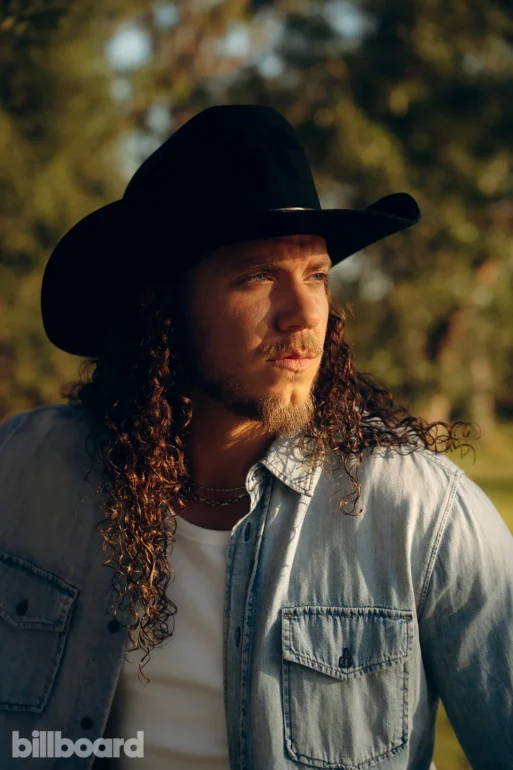
Early in your career, you started working with popular worship collective Bethel Music. What was it like making that transition from leading worship at your local church to being on a larger tour with a collective?
Going from local church to being on tour in front of thousands of people overnight was a dream come true and, in the same season, writing with all my heroes. Everybody that was on my bucket list of getting to write with them, it all happened in the span of a few weeks. What came quickly after that was a valley — I never expected what it would do when I came home and came off that high. That taught me a lot. I did a whole record around mental health [2022’s Help!]. I’d never experienced depression, anxiety, panic attacks ever in my life until I came home from all my dreams coming true, but my adrenaline was just totally shot. I just went into this super-dark place, and it wasn’t long, but it was long enough to be like, “I need some help.” I had to relearn to go to God first and most, to fix what was going on.
I’ve had to learn over the past few years how to tour and record and balance family and this career the healthy way. There’s a reason why I only tour on the weekends. [The King of Hearts tour comprises four-show runs that are booked for Thursdays through Sundays.] My wife and I discuss every opportunity I get to make sure that we’re on board as a family. I want to be 50 years old and still be able to tour. That’s why I have a health coach, a performance coach. I’m trying to get healthy in every aspect of my life.
Sonically, King of Hearts is the most varied album of your career. Why was that important to you?
Touching on different genres isn’t something I set out to do. I’ve been a sponge and soaked up the gold from people I’ve been surrounded by. Growing up, [I listened to] Christian music and James Taylor. I’d come home from school and turn on CMT [Country Music Television]. So I grew up around country [music] and discovered rock’n’roll later. I had a metal garage band for a little while and just loved all genres of music. I was trying to learn from all these different expressions of music … So now when I go write a song, I’m less focused on “What does this need to sound like?” and more on “What am I feeling right now?”
“Sevens” is the most rock-leaning song on the album. What was that writing/recording session like?
We went to a Royal Blood and Queens of the Stone Age concert down the street from this studio, and a few days later, I just wanted to write a big-riff rock tune. I picked up a guitar, started playing and [writer-producer] Micah [Nichols] and I started chasing it. The chorus that you hear is the demo vocal from the day we wrote it. I would say 70% of King of Hearts is filled with demo vocals.
How did Jelly Roll come to be on “Hard Fought Hallelujah”?
I released [the solo version of] this song, and then I felt like, “This is too special to not share this song with somebody.” Thinking about the lyrics, I was like, “Man, I think Jelly Roll would resonate with the story of this song.” I’ve been so inspired by his story, the things he’s overcome. I remember seeing him sing “Believe” with Brooks & Dunn [at the 2024 CMA Awards], and I just bawled my eyes out. It gave me all the faith to reach out. The craziest part of that is he had already heard the song on TikTok and loved it. We hopped on the phone, and we didn’t talk music for the first hour. We just instantly became like brothers and talked about life, parenting, touring, family. It was a real friendship off the bat. There’s a reason why he is on top of the world right now, and it’s not just because his songs are amazing — it’s because he’s amazing.
You have stayed close to your roots in Charleston. Have you been tempted to move to Nashville?
I love Nashville, but I like it being a home away from home. [Charleston] is where my roots are and being here with those that remember the 15-year-old Brandon, they know me the best. I want to make music that gives people faith and hope to keep going, and the people I’ve surrounded myself with, they get that the best. So it makes the most sense to stay here.
As your career has grown beyond CCM in terms of music listener recognition, has there been any kind of backlash or criticism from music listeners or the industry?
I think historically, any time something has shifted outside of what had been done previously, it can make people take pause and maybe be even a bit uncomfortable with it … or make it feel like it’s an either-or situation. And if you only are using Instagram as a metric, I can see why someone would maybe want to position it that way. But I don’t think of it that way … To me, this is a lifestyle and teachings that live through music, and however that is connecting and wherever that is connecting, I will always want it to be as much and as far as possible.
CCM is having a moment on the Billboard Hot 100, with “Hard Fought Hallelujah” and Forrest Frank’s “Your Way’s Better” charting simultaneously. Why do you think the genre is surging?
I think the reason why Christian music is probably more consumed now than years ago is because there’s a greater level of hunger for what’s real and what’s true. The fact that American Idol did a whole night around Easter, I think it just goes to show people are desperate for something that is going to lift their spirit. And I’ve got too many stories — I think what keeps me going, and I think what would keep a Forrest Frank going and what keeps a Josiah Queen writing these songs, is getting flooded with testimonies. People are hungry for authenticity. They’re not just looking for entertainment. They’re looking for an encounter with something that’s real. There’s nothing more real than God.




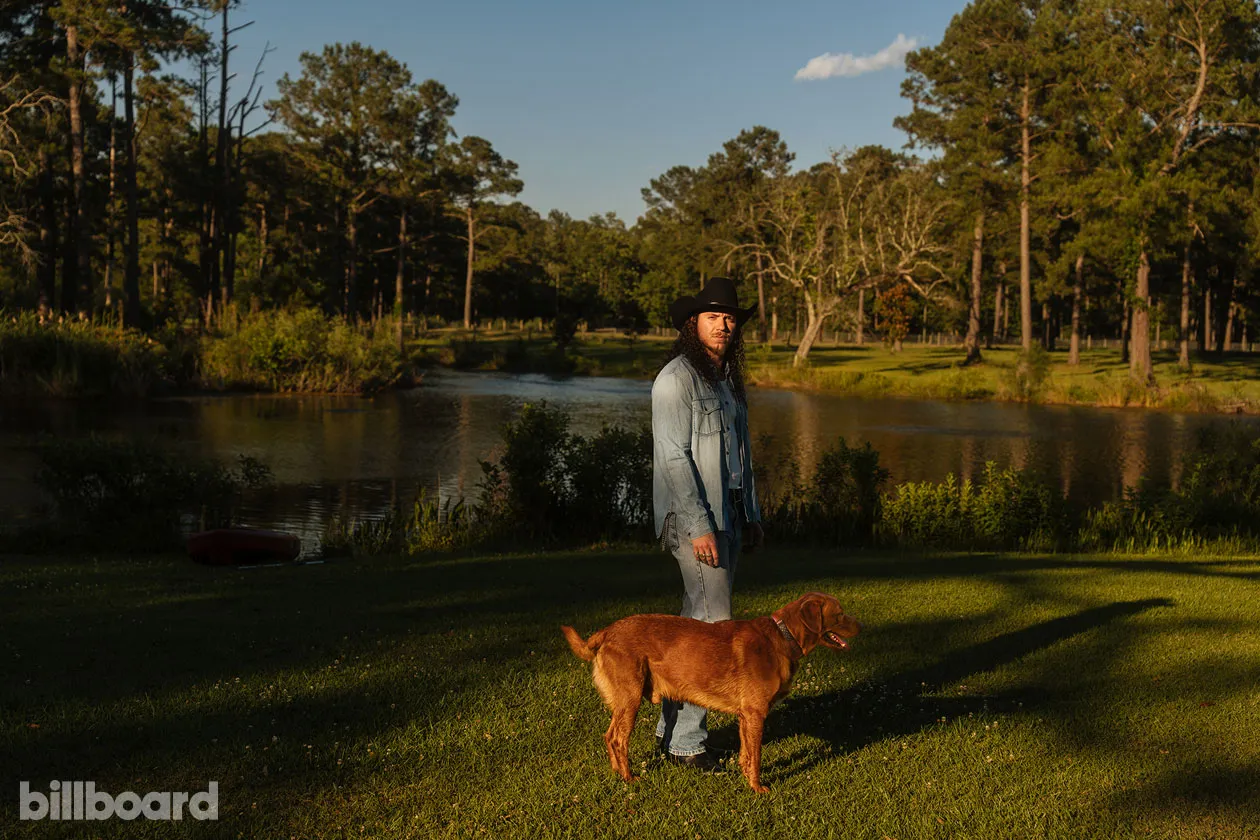
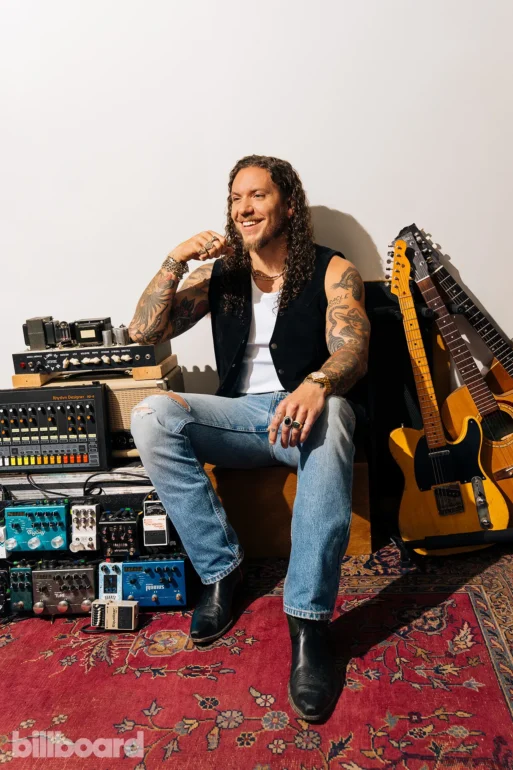
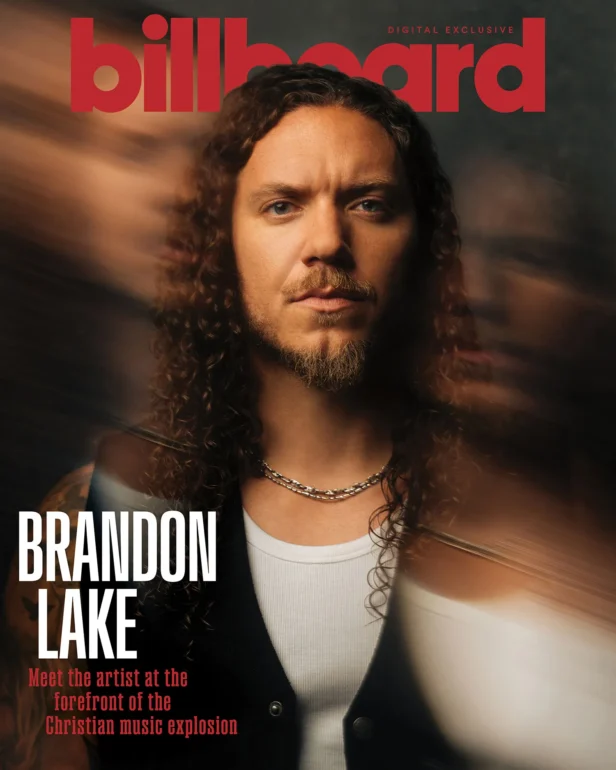
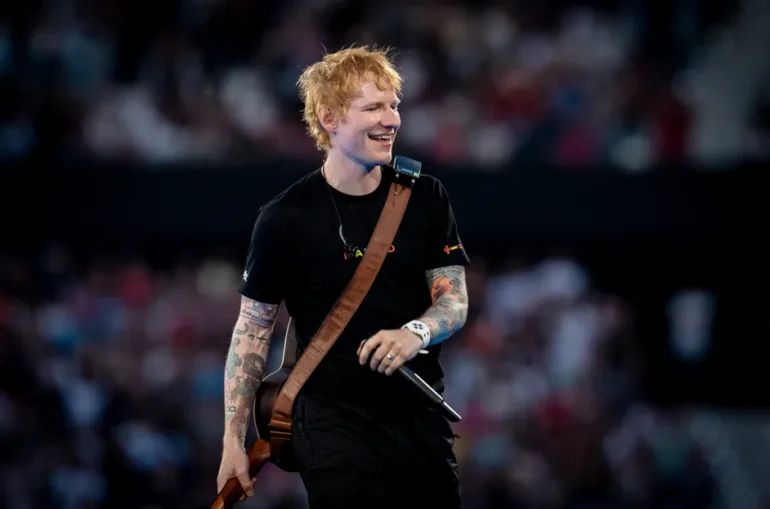
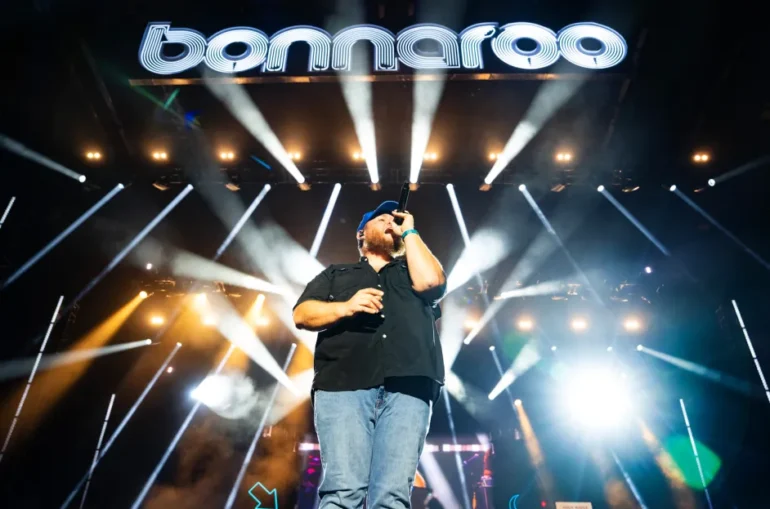

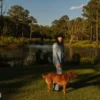

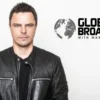





Post comments (0)